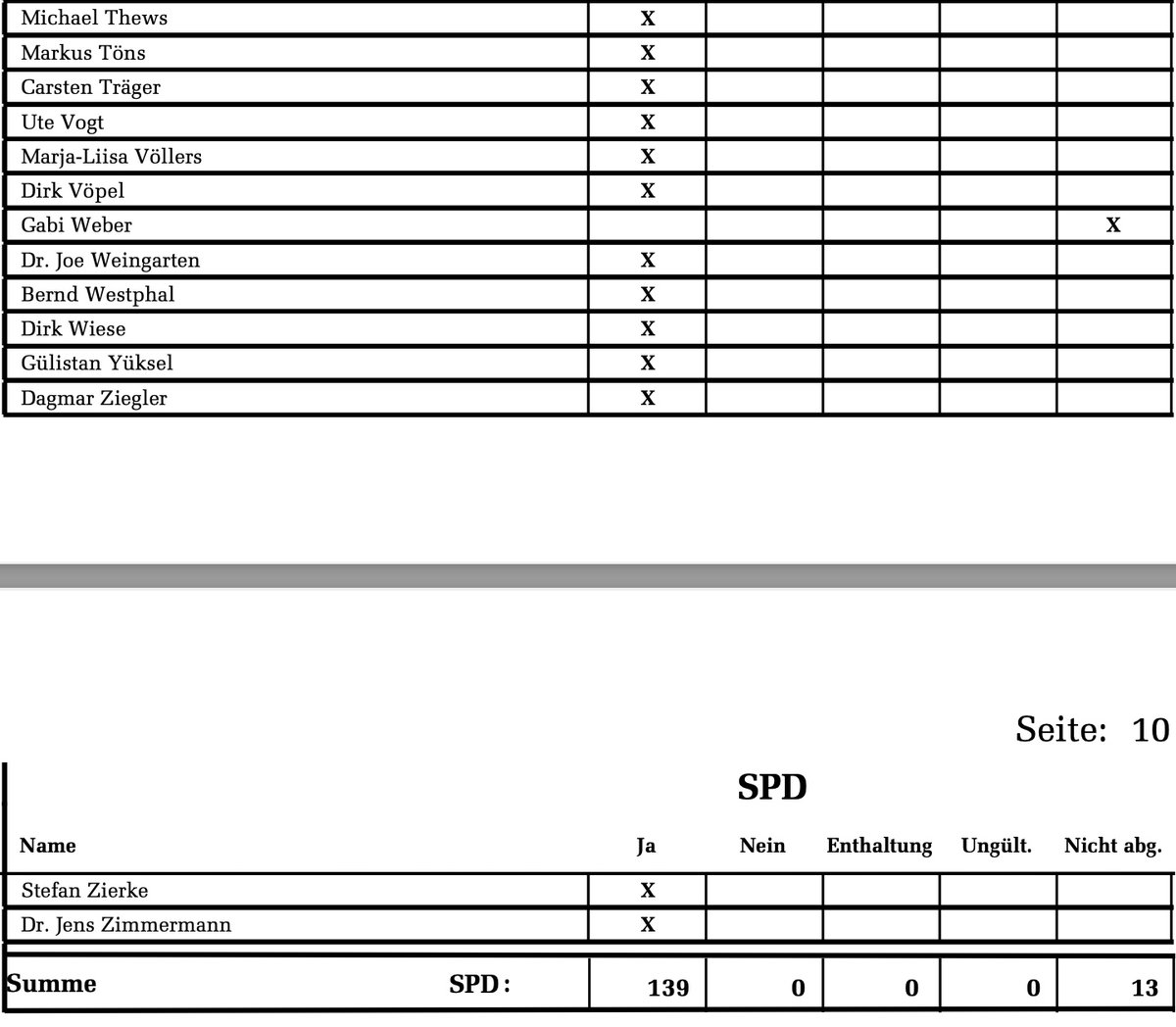
Example of judicial activism? Seconds after the own resources ratific. statute passes the second chamber German Constitutional Court issued an order addressed to the Federal president not to sign the statute into law.
But: it's progress! Because ... 1/8
But: it's progress! Because ... 1/8
https://twitter.com/BVerfG/status/1375447730554863627
…in other cases (starting with Maastricht), the Prez was "kindly asked“ not to sign, via phone. Always felt like 🍌 republic to me. Here, at last, something written, expiring after 6 months. That’s progress. 2/8
There are actually 2 challenges:
1: a constitutional complaint by AfD founder Lucke and other German professors (😩). Today’s ruling was related to that.
2: An inter-institutional dispute („Organstreit“) filed by the AfD parliamentary group against Federal gov and parl. 3/8
1: a constitutional complaint by AfD founder Lucke and other German professors (😩). Today’s ruling was related to that.
2: An inter-institutional dispute („Organstreit“) filed by the AfD parliamentary group against Federal gov and parl. 3/8
Both ask for interim relief. Today’s decision ("Hängebeschluss") was interim-interim relief until the court properly deals with the requests for interim relief.
The 2016 CETA case could be blueprint for what’s next.
In 2016, there was -exceptionally- an oral hearing ... 4/8
The 2016 CETA case could be blueprint for what’s next.
In 2016, there was -exceptionally- an oral hearing ... 4/8
…on the interim relief part (normally dealt with in written), and the court ruled the very next day.
For interim relief, the court will normally only make an assessment of the consequences, it’s mainly a balancing test: ...
5/8
For interim relief, the court will normally only make an assessment of the consequences, it’s mainly a balancing test: ...
5/8
-interim relief granted (=German ratification remains on hold) and in the main proceedings, turns out that ratification is constitutional
VERSUS
-no interim relief given and in the main proceedings ratification turns out to be unconstitutional.
Besides, they also look ... 6/8
VERSUS
-no interim relief given and in the main proceedings ratification turns out to be unconstitutional.
Besides, they also look ... 6/8
…at the substance of defendant’s argument. If obviously unfounded, interim relief will also be denied.
Considering the catastrophic consequences for 🇩🇪and the entire 🇪🇺 (no ratification=no NGEU, no financial support starting in July etc etc) IF interim relief was granted 7/8
Considering the catastrophic consequences for 🇩🇪and the entire 🇪🇺 (no ratification=no NGEU, no financial support starting in July etc etc) IF interim relief was granted 7/8
(+: in the main proceedings ratification = constitutional)
AND the weak legal arguments of the plaintiffs, the outcome is clear to me: These cases are futile. NGEU won't go down b/c of 🇩🇪.
But a speedy procedure in front of the German constitutional court will be crucial. 8/8
AND the weak legal arguments of the plaintiffs, the outcome is clear to me: These cases are futile. NGEU won't go down b/c of 🇩🇪.
But a speedy procedure in front of the German constitutional court will be crucial. 8/8
• • •
Missing some Tweet in this thread? You can try to
force a refresh












